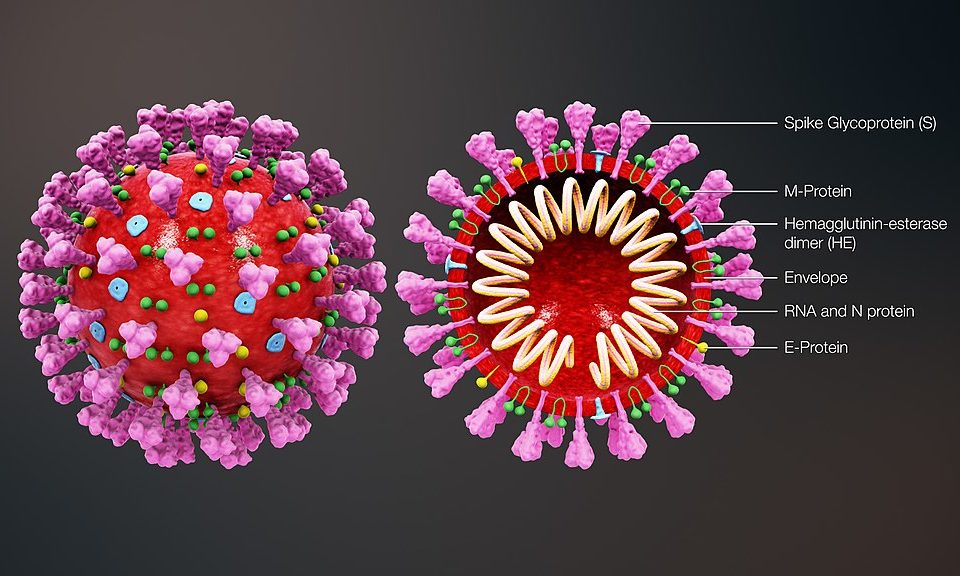- With a high fever for days, is it called 118?
We all fear the Coronavirus: an unexpected fever may be linked to an innocent inflammation of the upper airways, among other reasons. It must be reported to the family doctor, without moving the ambulance. It is necessary to distinguish a low-grade fever, below 37 and a half and an important one that rises rapidly to 38 ° and beyond. In any case, notify the doctor (or the night and holiday continuity services, outside the conventional hours). If the days pass, the malaise gets worse, with cough, severe muscle aches, more rarely diarrhea, then it is time to call 118. We have been locked in the house for several weeks, the chances of having contracted a contagious disease before closures are minimal, but the surgical masks cannot prevent contagion if we go out, for example, to do the shopping, to the checkout counters, where germs and bacteria are concentrated, or in offices or public transport.
- Even boys die: why?
No one is invulnerable in the face of the virus, only children and adolescents, although infected, have so far largely saved themselves from the potentially lethal effects of the virus. Very few young people under the age of 40 have died of respiratory failure from severe lung inflammation, with no obvious pathologies
- Are only those with pathologies at risk?
People, particularly men, over 50 years of age and with pre-existing chronic conditions, such as arterial hypertension, diabetes, obesity, ischemic heart disease, cardiomyopathies with heart failure, valvulopathies, or those being treated for cancer, liver disease and respiratory diseases are more at risk past. Beyond the pneumonia, this virus can also cause kidney and heart damage and thrombosis with embolism (eg pulmonary).
Women generally have a lower risk of complications than men.
- Are there any home care systems?
Most people infected with Coronavirus have mild flu-like symptoms: intermittent fever, muscle aches with or without dry cough, loss of sensitivity to smells and perfumes. These patients are sent home, after positive swab and clinical diagnosis, in isolation to avoid transmitting the infection, e treated at home with antifebriles (paracetamol), hydroxychloroquine (Plaquenil) and antibiotics (Amoxicillin or Azithromycin). If possible they should periodically measure the oxygenation of the blood with an instrument (pulse oximeter) applied to the fingertip (it measures oxygen saturation, with values considered normal or slightly reduced, if higher than 92%). They are advised to drink plenty of water, checking heart rate and blood pressure if possible, always consulting with the doctor.
- Do patients with cardiomyopathy have to behave differently?
There are still insufficient scientific data that allow specific advice to be given for patients with cardiomyopathy, of genetic origin. However, those with cardiomyopathy are likely to have a greater risk of complications, not only pulmonary but also cardiac. Furthermore, the use of Hydroxychloroquine or Azithromycin at home should be authorized by the cardiologist, due to the risk of Qtc lengthening, a parameter that can be measured with the ECG, which is sometimes already increased in these patients, particularly when receiving amiodarone. Greater attention and prudence, in particular to avoid contagion, is advisable for all these patients. In the event of fever or difficulty in breathing or a rise in blood pressure, it is advisable to contact your cardiologist as well.
- Is it wrong to delay arriving at the hospital?
SARS Cov2 virus is a disease that is not yet well known. Worsening can occur quickly after symptoms and fever begin. However, even in initially less severe cases, after days of fluctuating fever and stationary conditions at home, there may suddenly be a worsening with fever, difficulty breathing, fatigue and headache, reduced blood oxygenation (pulse oximeter values below 92 %).

